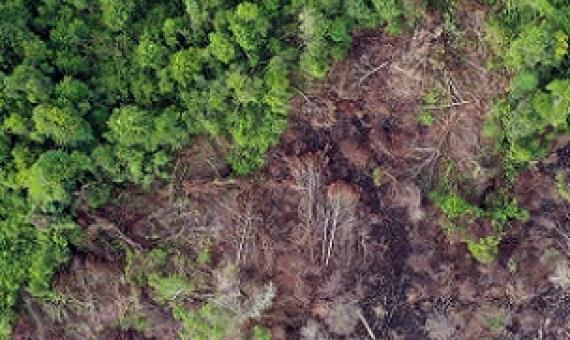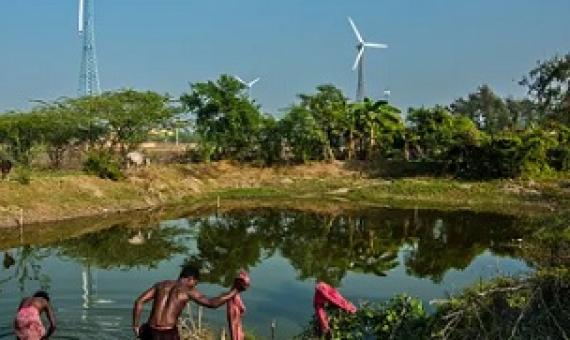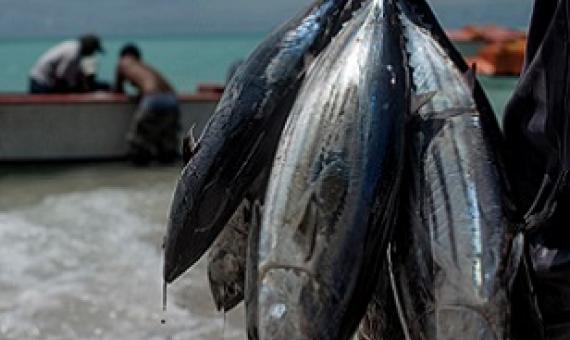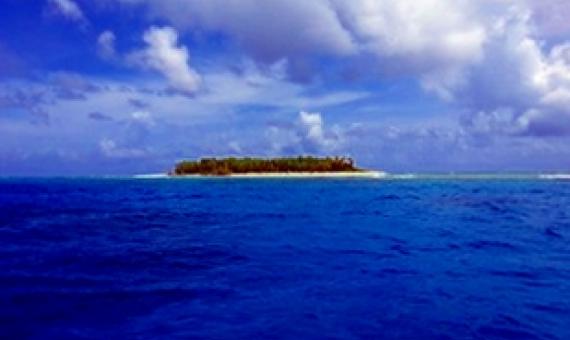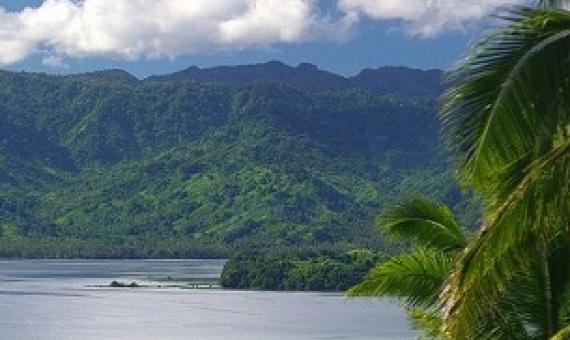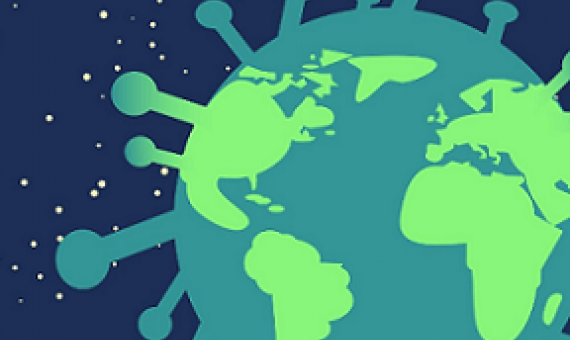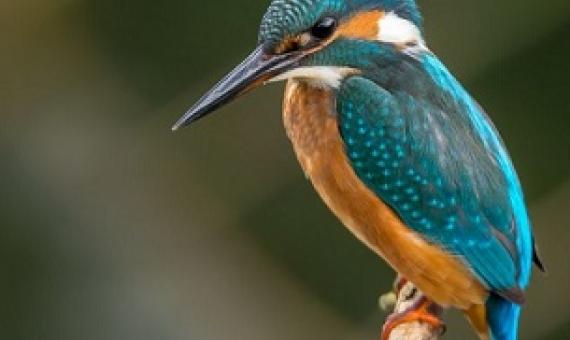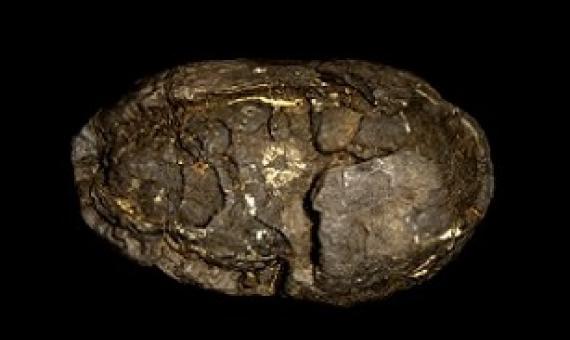If you care about preventing pandemics, it’s time to start caring about saving trees.
Nearly two years after the first reported case of Covid-19, the world is still facing the repercussions. At the same time, the extent of our planetary emergency – of climate crisis, biodiversity loss and inequality – has become evident.
Envisioning a resilient future for biodiversity conservation in the wake of the COVID- 19 pandemic
As the COVID-19 pandemic continues to affect societies across the world, the ongoing economic and social disruptions are likely to present fundamental challenges for current and future biodiversity conservation. We review the literature for outcomes of past major societal, political, economic and zoonotic perturbations on biodiversity conservation, and demonstrate the complex implications of perturbation events upon conservation efforts.
In a communique released by the Pacific Islands Forum (PIF) leaders last week, 18 member countries and territories stated that vaccination will facilitate the transit and return of fishing crew and seafarers to their countries.
Pacific Ministers have identified dealing with the immediate impacts of COVID-19 and the longer-term threats of climate change on offshore fisheries as key areas to address, at the 18th Forum Fisheries Committee Ministerial meeting (FFCMin18), which concluded yesterday.
World Bank Group’s East Asia and the Pacific regional vice-president Victoria Kwakwa said the World Bank’s recently launched report, Banking on Protected Areas: Promoting sustainable nature-based tourism to benefit local communities...She said the report makes the case that the promotion of susta
A new “Roadmap to End Pandemics” is being shared with ASEAN members of Parliament and calls “Nature Protection the only long-lasting vaccine,” saying the way to immunize Earth is through “One Health"...One Health combines measures that simultaneously address human health, animal health (including
During the COVID-19 pandemic-imposed lockdowns, reports of air quality improvements in certain locations gave many of us the impression that we may have somehow been able to mitigate the effects of global warming.
Small island nations most threatened by climate change fear that they will also be the most likely to be disadvantaged if the United Nations climate talks to be held in Glasgow in November are disrupted due to the uneven global distribution of COVID-19 vaccinations...At large international confer
While most Pacific islands have escaped the worst of COVID-19, a cornerstone of their economies, tourism, has taken a big hit. By June 2020, visitor arrivals in Fiji, Samoa, Tonga and Vanuatu had completely ceased, as borders were closed and even internal travel restricted.

